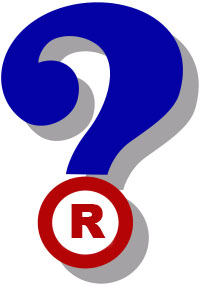 Dear Doc:
Dear Doc:
So, Doc…who owns the copyright?Signed,
That 70’s GuyDear 70’s:
You just had to get me humming “Muskrat Love”, now didn’t you??? Copyrights in music are among humankind’s most complicated inventions. Let’s see how we can explain…
If one person writes or records an original song, that person owns the copyright in the musical work and/or the sound recording. Of course, it’s common for two or more people to be involved (think Rogers & Hammerstein, Lennon & McCartney, Gilbert & Sullivan…) Co-authors each own an undivided fractional interest in the copyright (50:50 for two, 1/3 each for 3, etc.) Even if their work was not equal, unless there is a written contract stating otherwise, they share equally.
Now things get interesting… unless they have a written agreement, each fractional owner can grant a license to a third party without permission of the other owners. Any money earned from such a license must be shared among the co-owners. UNLESS, one or more of the authors is an employee of someone. In that case, the employer owns the copyright, and not the author (but the employer is actually legally considered to be the author!) Employment is, itself, a complicated legal question involving who has control over the work being done.
Even if the author is not actually an employee, she may still have an agreement to create the song as a “work for hire”, which requires that the copyright be transferred to the party for whom the work is being done.
The Doc has not even scratched the surface of the types of copyrights in musical works here. There are “mechanical” rights, sound recording rights, broadcast rights, streaming rights, and many more. All of these may soon change, because Congress just passed the “Orrin G. Hatch-Bob Goodlatte Music Modernization Act“, which is now headed to the White House, where it may be quietly swiped from the President’s desk, or not. The Doc will explain that landmark legislation next month, if it happens to become law.
Write a song (or anything else)? Talk to the lawyers at LW&H. They know this copyright stuff cold, and for some reason, think that it’s easy to understand.
Until next month…

